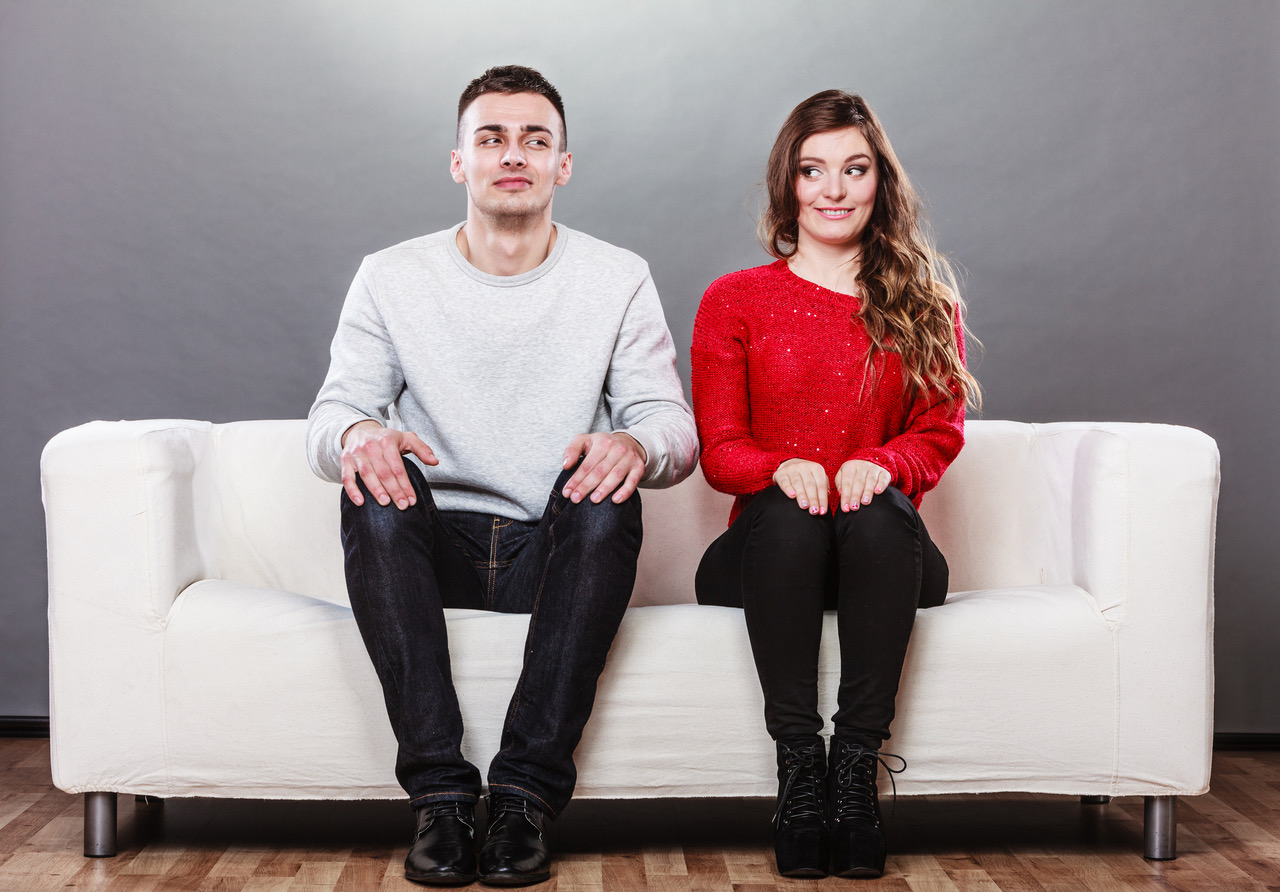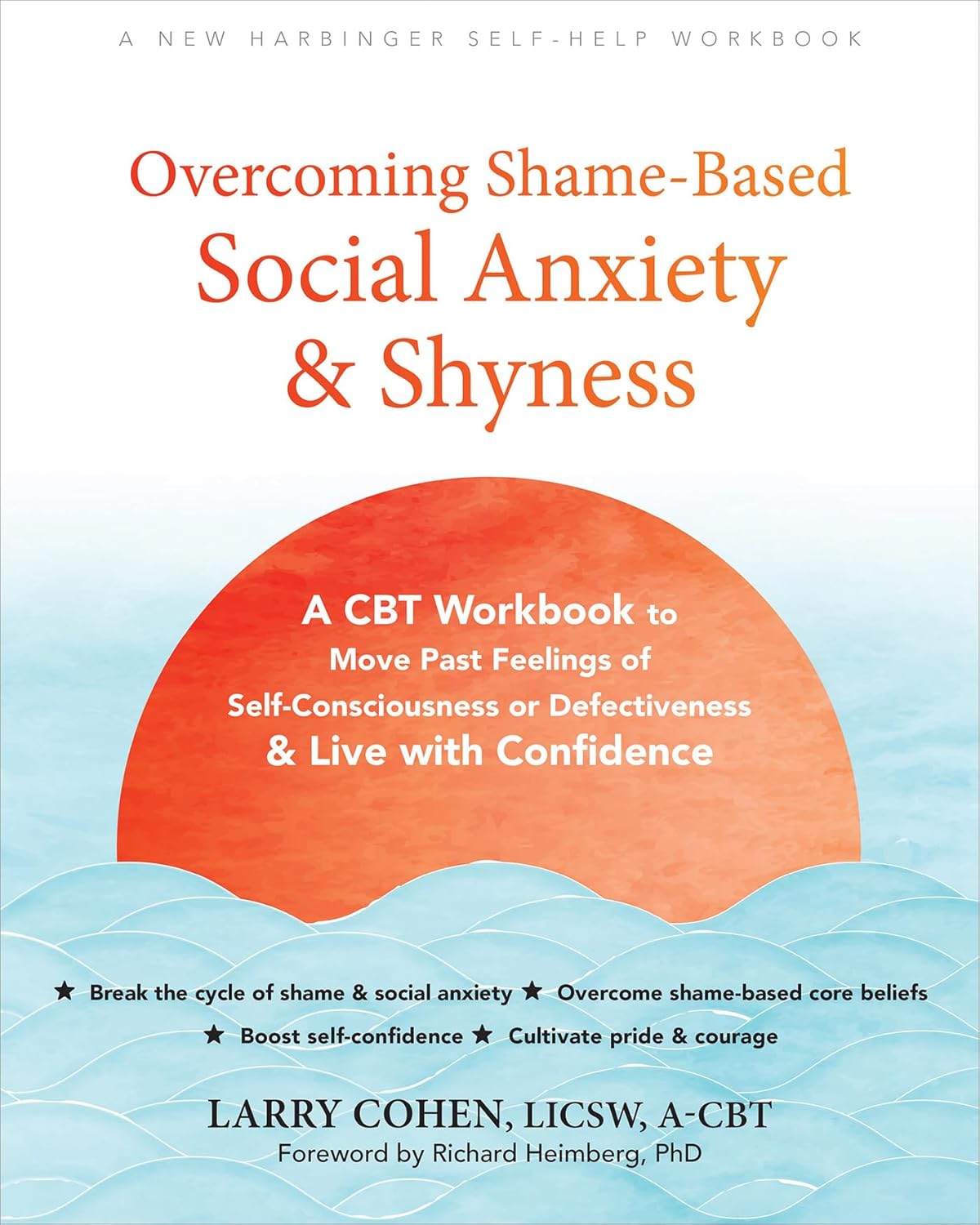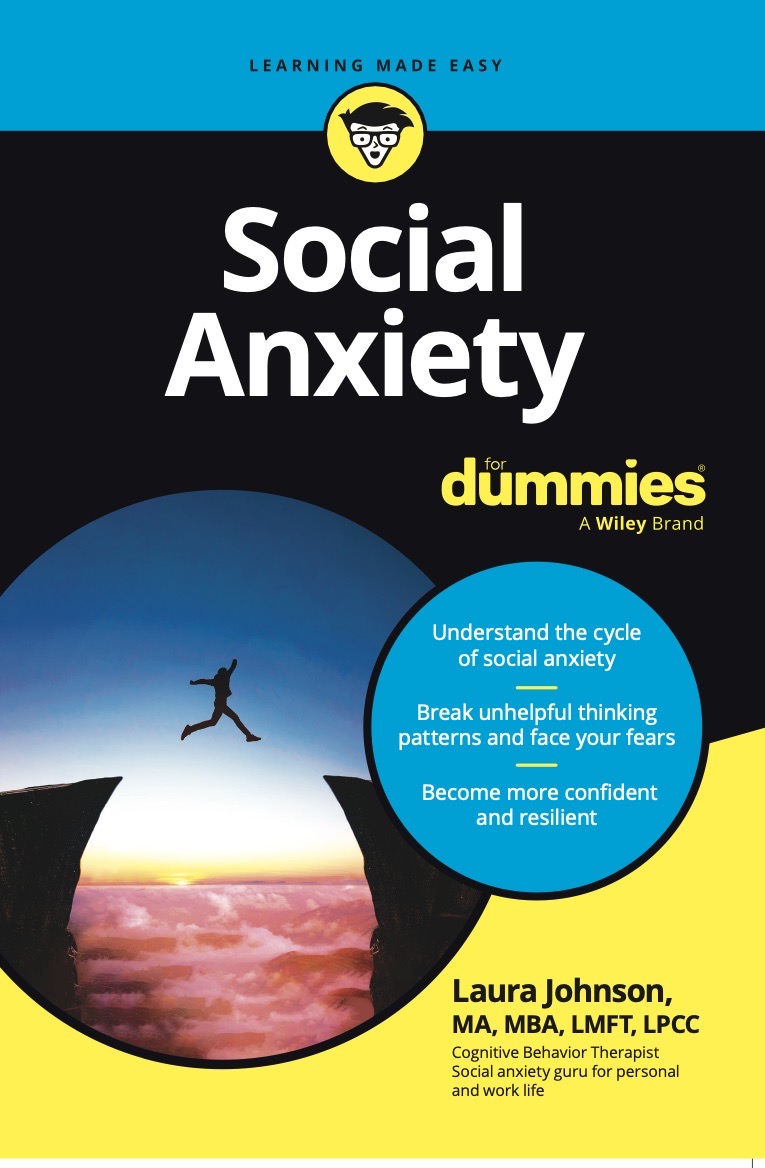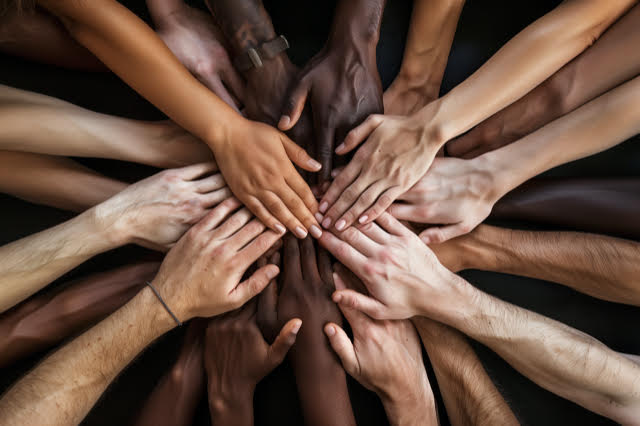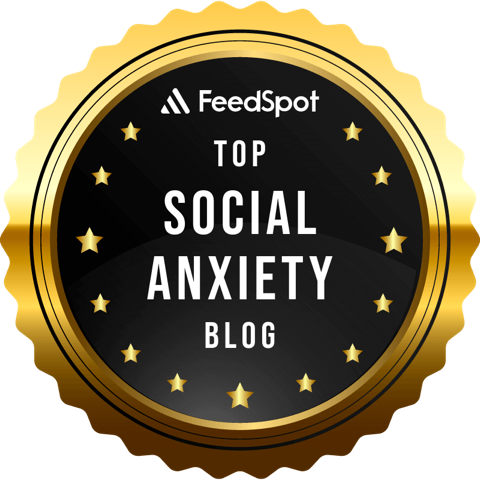Do you want to dance a little jig of relief when a social engagement you committed to gets canceled at the last minute? Would your ideal vision board feature remote cabins, cozy knitting, and a tranquil life with just you and a cat? Have you ever admitted that parts of the pandemic were you living Your Best Life?
Or am I alone in this? A friend recently mentioned how she assumed my avoidance of some social situations is a form of social anxiety. But I had to correct her. As a cognitive-behavioral therapist (CBT), I treat social anxiety, I don’t suffer from it. I am more accurately an introvert. It’s an understandable misinterpretation of seemingly similar symptoms. But her casual labeling made me realize the importance of differentiating the two conditions for a number of important reasons. Primarily because each requires almost diametrically opposing responses.
While I am trained to treat anxiety with exposure, I am often simultaneously in the position of highlighting the importance of self-care and boundary setting to my clients. For those of you who may be confused by the overlapping features as well as their remedies, I am here to guide you and to make a clear case that social anxiety and introverts are members of distinctly separate circles.
Nature of the Trait vs. Condition

Social Anxiety: Nervous Nellie suffers from a mental health condition characterized by intense fear or anxiety about social situations where one might be judged, embarrassed, or scrutinized by others. Her social phobia can be so severe that it interferes with her daily life, leading to avoidance of social situations, even if Nervous Nellie desires social connection.
Introversion: Solitude Sam was born with a personality trait. Introverts are naturally inclined to prefer quiet, low-stimulation environments. He often feels recharged by spending time alone or with a small group of close friends. His avoidance is not inherently linked to fear or anxiety in social situations; it’s more about energy management. He has a preference for reflection and solitude over constant social interaction.
Discomfort vs. Fear
Social Anxiety: Timid Tim experiences a significant fear of social situations, often worrying about being negatively judged, embarrassed, or humiliated. This fear can cause him physical symptoms like sweating, trembling, or nausea and may lead to avoiding social situations altogether.

Introversion: Mellow Molly might feel drained or overstimulated in large groups or social events, but this does not stem from fear. She may enjoy social interactions but prefers them to be less frequent, quieter, or more intimate.
Impact on Daily Life
Social Anxiety: Panicky Pete’s social anxiety can significantly impact his daily life, leading to difficulty in work or school settings as well as strained relationships. He would likely require intervention, such as therapy or medication, to manage these negative effects.
Introversion: Quiet Quinn’s introversion does not typically interfere with their ability to function socially; they simply choose social settings that are more aligned with their preferences. Quinn can engage in social activities when necessary or desired without experiencing distress.
Social Preferences

Social Anxiety: Fretful Fiona might avoid social interactions altogether due to her overwhelming fear of negative evaluation. Even small, intimate gatherings can be distressing for her due to her social fears.
Introversion: Chill Charlie might prefer deep, meaningful conversations with a few people over large gatherings. Charlie can still enjoy social interactions but may need time alone to recharge afterward.
It is important to acknowledge that people are not always one or the other. Introverts can experience social anxiety in addition to their naturally introverted tendencies. Simply put, however, social anxiety is not a defining feature of introversion.
Tailored Approaches: Therapy vs. Self-Care

When it comes to managing social anxiety and introversion, the strategies that work best for each are different as well. For individuals suffering from a social phobia, it is crucial to seek targeted interventions such as cognitive-behavioral therapy (CBT). CBT helps by challenging and reframing negative assumptions and predictions and gradually exposing individuals to social situations while increasing the tools to manage distress. This gradual exposure is key to reducing the intense fear associated with social interactions, allowing for more comfortable and confident engagement over time.
On the other hand, introverts typically don’t require therapeutic intervention but instead benefit from strategies that respect their natural tendencies. This might include intentionally scheduling alone time to recharge or creating a balanced social calendar that aligns with their energy levels. By recognizing and honoring their need for solitude, introverts can maintain their well-being while still engaging in meaningful social interactions on their own terms. Understanding these differences is essential for addressing each condition in a way that supports personal growth and well-being.
The Social Media Paradox

In this day and age, there is more emphasis on authenticity and self-acceptance, and as a society we have made significant strides in reducing the stigma surrounding mental health. However, this focus on self-acceptance can sometimes lead to a paradoxical situation where individuals may accommodate their mental health challenges in ways that inadvertently sustain their symptoms.
Social media plays a significant role in shaping how we navigate mental health. Influencers and users alike frequently share content that is murky at best in distinguishing between social anxiety disorder and introversion. If we aren’t sure what causes our discomfort, recommendations can glorify avoidance of social situations as the best response. Posts, while often well-intentioned, can inadvertently perpetuate the cycle of avoidance and isolation, reinforcing the idea that withdrawing is a valid long-term solution.
When working with my clients suffering from social anxiety, I must passionately challenge these recommendations. Social media can provide temporary comfort and validation. But they also risk normalizing behaviors that may keep individuals stuck in their anxiety rather than encouraging them to seek gradual exposure or professional help.
Introverts in an Extrovert’s World

Meanwhile, we also live in a culture that values extroversion, packed social and activity schedules, and the constant buzz of networking and socializing. This societal emphasis can make it challenging for introverts to find their place, as their preference for solitude and quieter interactions is often overlooked or misunderstood. In a world that equates social activity with success and fulfillment, introverts may feel pressured to conform to an extroverted ideal, even when it drains their energy and diminishes their well-being. Balancing personal needs with societal expectations can be a delicate dance for those who thrive on less noise and more introspection.
Know Thyself

In the end, whether you’re a Nervous Nellie or a Solitude Sam, the key is understanding what makes you tick and addressing it in a way that suits your unique needs. Sure, it’s nice to see posts that validate your desire to stay home in your pajamas, but if you find yourself avoiding the world entirely, it might be time to chat with a therapist rather than your cat.
For more information on differentiating social anxiety and introversion, see our earlier blog articles: here and here.




